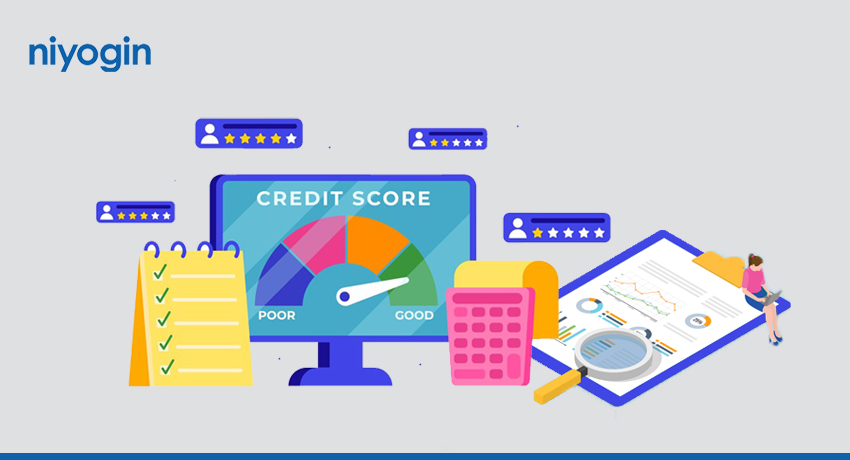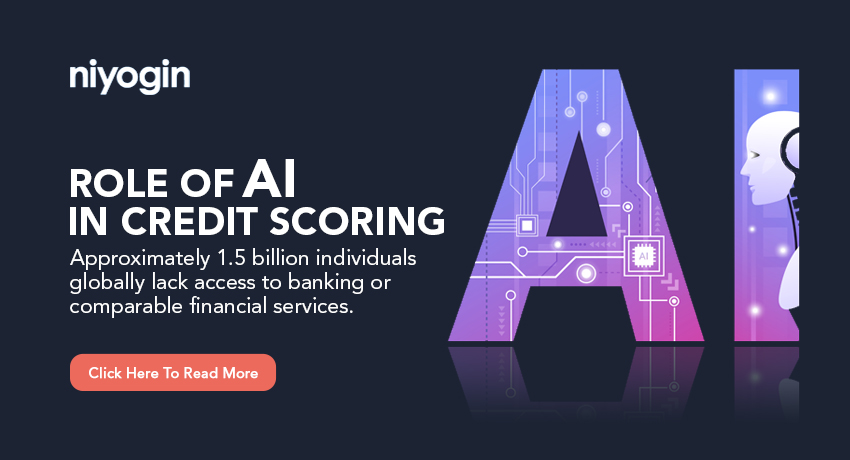Technology’s increasing pervasiveness and the growing call for financial inclusion are driving a rapid transformation of the Indian lending sector. The crucial roles of credit scoring and risk assessment are at the center of this evolution. After relying primarily on credit bureau data for a long time, the industry is now adopting a new paradigm that includes advanced analytics and alternative data sources in order to better assess borrowers. This shift is driven by several factors, including: From Traditional to Transformative A pivotal shift is underway, marked by the increased adoption of alternative data sources such as mobile phone usage, social media activity, and utility bill payments. These data, combined with the power of advanced analytics and machine learning, are enabling the development of more sophisticated credit scoring models that can accurately assess the creditworthiness of a broader population, including those with limited credit history. Regulatory initiatives like the RBI’s regulatory sandbox are fostering innovation by providing a controlled environment for lenders to experiment with new technologies and data sources. Moreover, the rise of open banking is facilitating the seamless sharing of customer data between banks and fintech companies, enriching the data pool available for credit assessment and ultimately enhancing the overall lending ecosystem. These trends are expected to make credit scoring and risk assessment in India more accurate, efficient, and inclusive. This will not only benefit lenders by reducing their risk of bad loans but also benefit borrowers by making it easier for them to access credit. As the industry continues to evolve, it is imperative to strike a balance between innovation and responsible lending. Robust data privacy and security measures, coupled with ethical considerations, will be paramount in building a sustainable and trustworthy credit ecosystem. The future of lending lies in the intelligent and responsible utilization of data to empower both borrowers and lenders.
Tag: credit scoring
Role of AI in Credit Scoring
Approximately 1.5 billion individuals globally lack access to banking or comparable financial services. For the rest of us, less than half of those with bank accounts are eligible for lending. More intelligent credit assessment methods are needed to increase banks’ loan-making capacity. Thus, AI-driven credit scoring models have emerged as a game changer, providing more accurate, efficient, and equitable means of evaluating credit risk. Traditional Credit Scoring Restrictions: Traditional credit scoring models have been in use for decades and primarily rely on a few key characteristics, such as a person’s credit history, payment history, outstanding debt, duration of credit history, and credit types used. While these models have fulfilled their purpose admirably, they are not without limits. Lack of Comprehensive Data: Traditional models frequently rely entirely on credit bureau data, which might exclude several important elements that may influence creditworthiness, such as income, employment history, and savings. Inflexibility: Traditional models are relatively inflexible and cannot adjust to changing economic conditions or individual circumstances. They have predefined thresholds that may not account for complex credit risk evaluations. The Importance of AI in Credit Scoring Machine learning algorithms are used in AI-powered credit scoring to overcome the limitations of traditional models and provide a more holistic and accurate credit risk assessment. Here’s how AI will impact credit scores in the coming times: Expanded Data Sources: AI models take into account a diverse set of data sources, such as bank transactions, social media profiles, and other non-traditional information. This additional information contributes to a more complete picture of a borrower’s financial health. Dynamic Scoring: AI models can adjust to shifting financial situations and economic elements in real time. This flexibility is especially useful during economic downturns or for borrowers with shifting incomes. Reduced Bias: AI algorithms are supposed to be more unbiased, eliminating human biases that can enter into traditional scoring techniques. They hold the promise of more equitable financing decisions. Improved Accuracy: Because AI algorithms can analyze massive volumes of data, they can provide a more accurate assessment of a person’s creditworthiness. This allows lenders to make better-informed lending decisions, lowering the chance of default. Faster Decision-Making: With AI, credit scoring can be done in real time, greatly accelerating the loan approval process. Borrowers have faster access to funds, which is especially crucial for personal and small company loans. While artificial intelligence has made significant breakthroughs in credit rating, there are still issues and concerns that must be addressed. To summarize, AI is playing a transformative role in the world of credit scoring. However, in order to reap the benefits of AI ethically, the financial industry must address issues such as data privacy, bias, transparency, and regulatory compliance. As technology advances, the importance of AI in credit assessment is expected to grow even more, suggesting a future in which lending decisions are more inclusive, accurate, and rapid.

